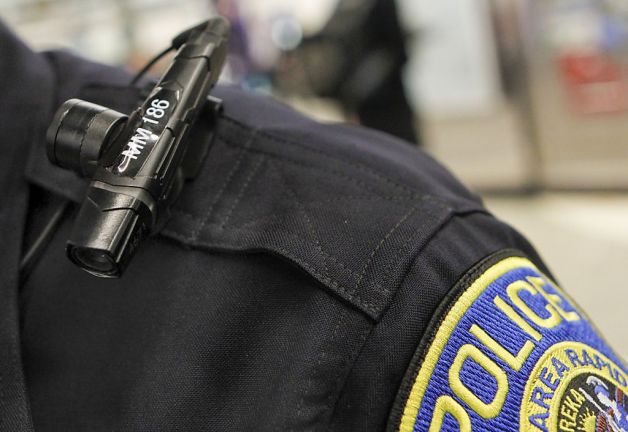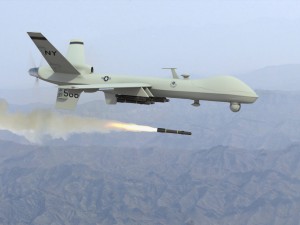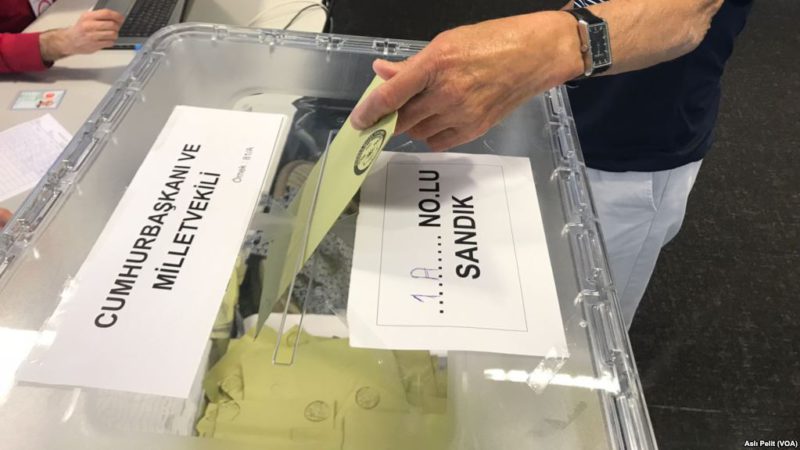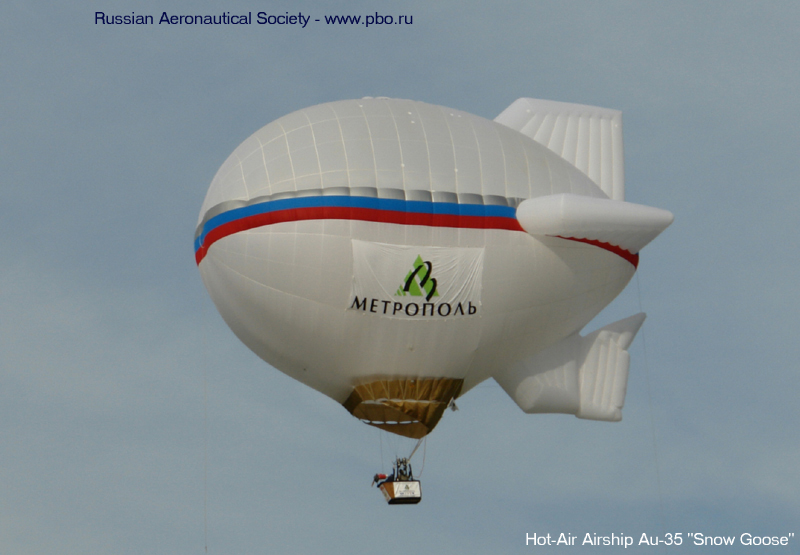Advancements in technology have served to create a more efficient and productive global culture. Technological developments have most recently been applied to the law enforcement sector in an effort to enhance the enforcement community’s ability to moderate social order and safeguard the rights and liberties of police and citizens. Incidents involving police brutality, as well as dishonesty in regard to testimony, have prompted the implementation of police-worn body cameras. The initiative has been adopted by cities throughout Canada in an effort to test the effectiveness of the personal camera devices. Police departments in Vancouver, Edmonton, Montreal and Calgary have each launched pilot projects. In particular, the city of Toronto sought to adopt the police camera program in the wake of last summer’s fatal shooting of teenager Sammy Yatim, where a Toronto Constable was charged with second-degree murder.
Experts have offered their comments in regard to the camera project. Canadian Supreme Court judge Frank Lacobucci maintains police should wear cameras to “ensure greater accountability and transparency.” The use of body-worn cameras serves to protect both police officers and members of the public. Toronto police Deputy Chief Peter Sloly believes the devices “will protect good police officers and protect good citizens, and will capture the bad conduct of citizens and the bad conduct of officers.” The program will allow judicial observers within court proceedings to view an objective account of the events pertaining to a criminal case involving police and citizens. Before police-worn technology was available, many in-court testimonies relied on the subjective explanation supplied by witnesses. Objective video documentation of a criminal event will enhance the integrity of the courts and their ability to reach valid and sensible conclusions relevant to written law.
The devices “will protect good police officers and protect good citizens, and will capture the bad conduct of citizens and the bad conduct of officers.”
Deputy Toronto police Chief Peter Sloly voices his support for the initiative and its ability to reduce the frequency of complaints against police, as well as reduce the number of incidents involving use of force by front-line officers against citizens. Sloly asserts the program “will assist in modifying the officers’ behaviour, that’s why the complaints go down and that’s why we consider it a worthwhile investment.”
The implementation of the technology-worn program is contentious to many privacy advocates who are concerned with where and when the cameras would be permitted to record. In order to remedy the concerns voiced by privacy interest groups, the Toronto police have been working collaboratively with Ontario’s Information and Privacy Commissioner to “ensure that the privacy of officers and the public is respected.” A question still being investigated concerns how to inform members of the public that they are being recorded.
The city of Dubai has taken their approach to enforcement and technology one-step further by incorporating the use of Google Glass hands-free eyewear with their policing organization. The Dubai police plan to use the technology’s facial recognition software to identify criminals and warn the on-duty officer of potential threats. In its preliminary use, the glassware will combat traffic violations and track vehicles suspected of being involved in motoring infractions. The technology will be assigned to detectives after preliminary assessments have been made.
With technology becoming increasing more sophisticated on a daily basis, it will worth noting how enforcement agencies adapt and assimilate their use of technology into their enforcement platforms, and how they balance the interests of both security and privacy.





